RAJSHAHI, Sept 9 (V7N) – Large quantities of rotten and inedible rice have been discovered in government food warehouses in Bagmara and Durgapur upazilas of Rajshahi district. The issue came to light after an inspection of four storage units at the Bhabaniganj government food warehouse in Bagmara, carried out by Upazila Nirbahi Officer (UNO) Mahbubul Islam on Thursday. The warehouses have been sealed, and rice samples have been sent for laboratory testing.
Bacchu Mia, the acting warehouse officer, has been temporarily suspended on allegations of allowing inedible rice into the warehouses. Earlier, on August 26, UNO Sabrina Sharmin seized 132 sacks of rotten rice from Durgapur warehouse, prompting the formation of a three-member investigation committee.
The rice distribution under the Food-Friendly Program began in late August across Bagmara’s 16 unions and two municipalities. Beneficiaries have complained that most of the rice provided is rotten, infested with insects, and unsuitable for human consumption. Acting on these complaints, UNO Mahbubul Islam conducted the raid.
“Every warehouse contained rice of such poor quality that it is unfit for human consumption. It can only be used as animal feed or fish feed. The substandard quality is evident even without chemical testing,” Mahbubul Islam said. He also indicated that other food department officials, not just the acting warehouse officer, may be involved in allowing the rice into storage. Proper quality checks by food inspectors before accepting the rice were not followed.
Food controller Nabi Nawajes Amin noted, “Only the warehouse officer knows exactly what quantity and when rice is received. Without proper lab tests, it is difficult to ascertain quality definitively.” He added that with only one chemist in Rajshahi district, testing rice from all warehouses is almost impossible.
Bacchu Mia defended himself, saying, “It is impossible to test every sack from each truck. Rice is accepted after testing only a sample from one sack.” However, he did not clarify who is ultimately responsible for the large quantities of rotten rice entering the warehouses.
District food controller Omar Faruk confirmed that a committee has been formed to investigate how rotten rice entered the warehouses, and ongoing efforts are being made to verify the quality of rice stored. Warehouses where rotten rice was found have started removing substandard stock and supplying good-quality rice.
Under the Food-Friendly Program, 98,166 beneficiaries in Rajshahi district receive rice from 12 government food warehouses each month. The discovery of rotten rice has raised serious questions about the transparency of the food aid program and the quality control of stored rice. Beneficiaries are demanding immediate testing of rice from all warehouses.
Reporting by Rajshahi Bureau
END/MRA/SMA/



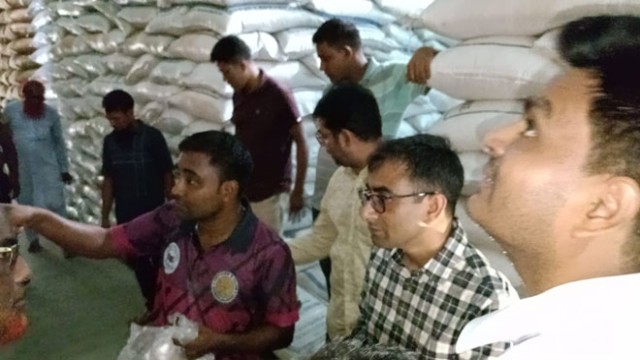
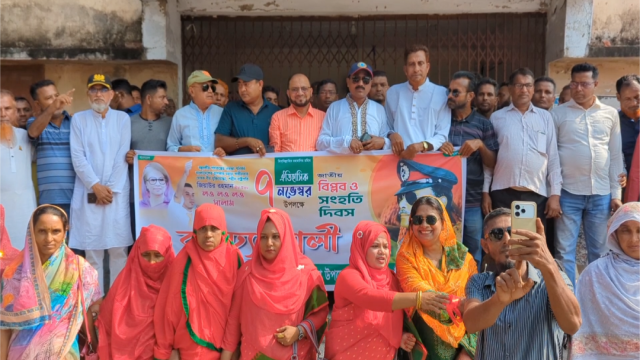
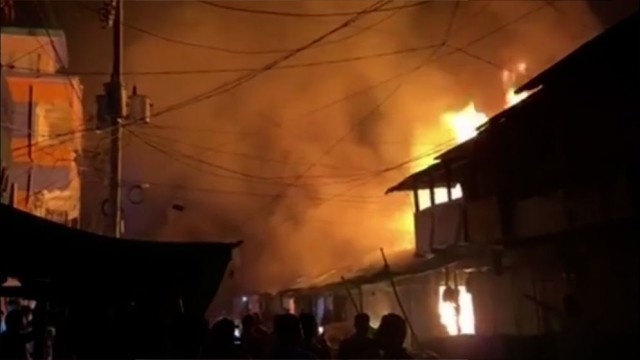
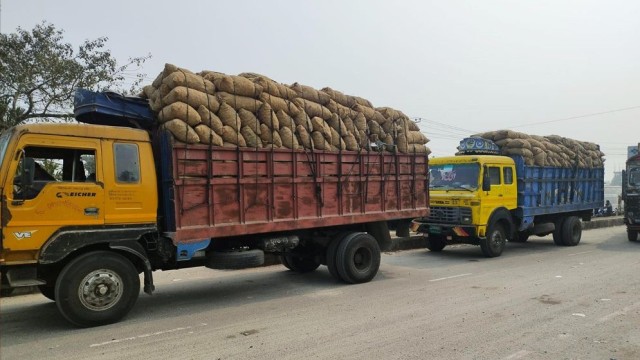





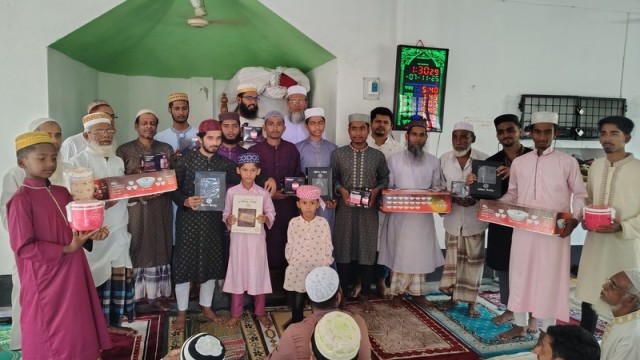
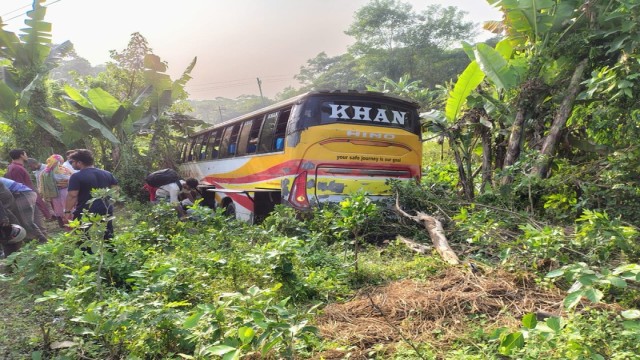
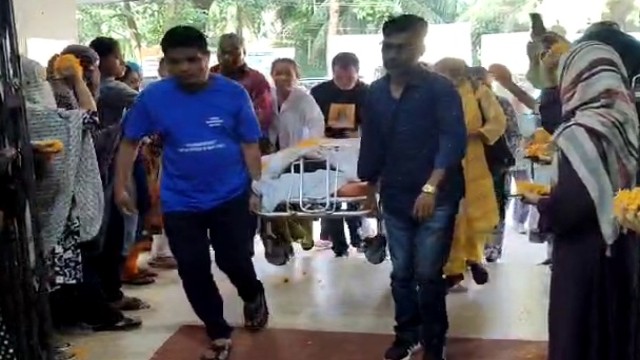
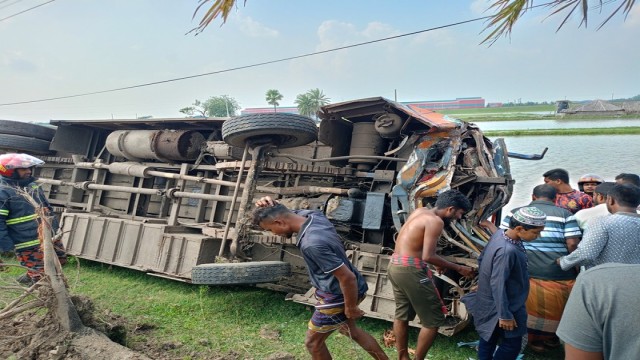


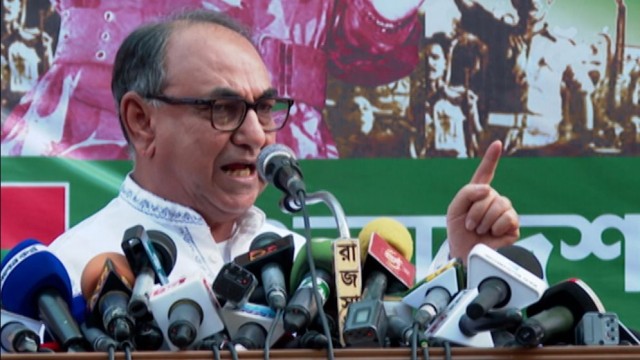






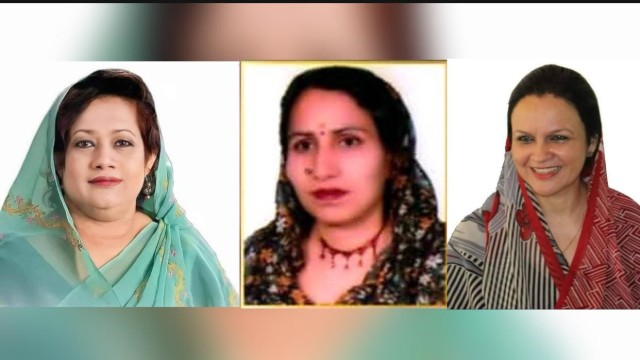

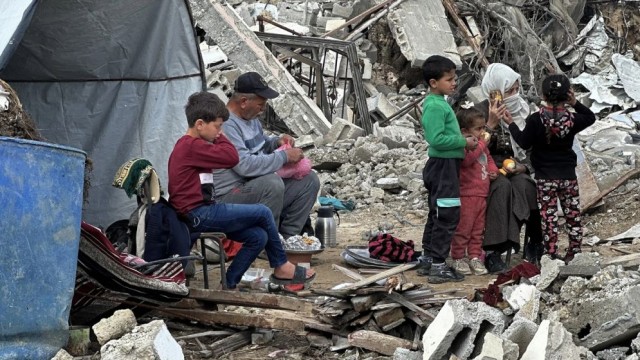


Comment: